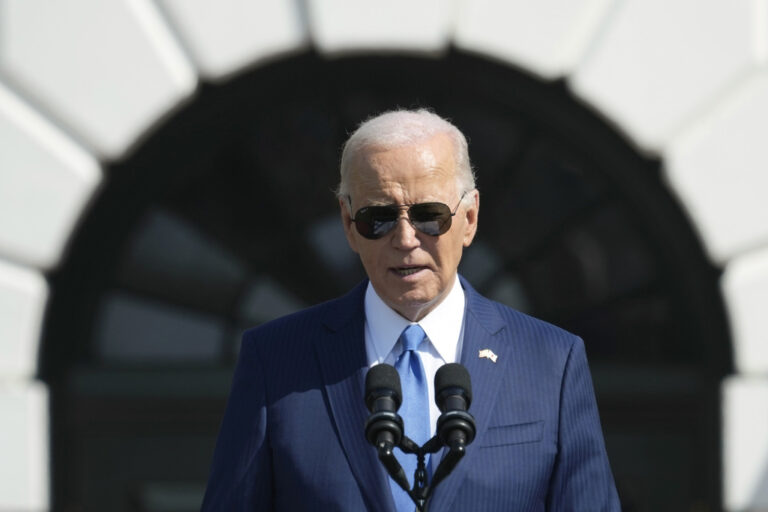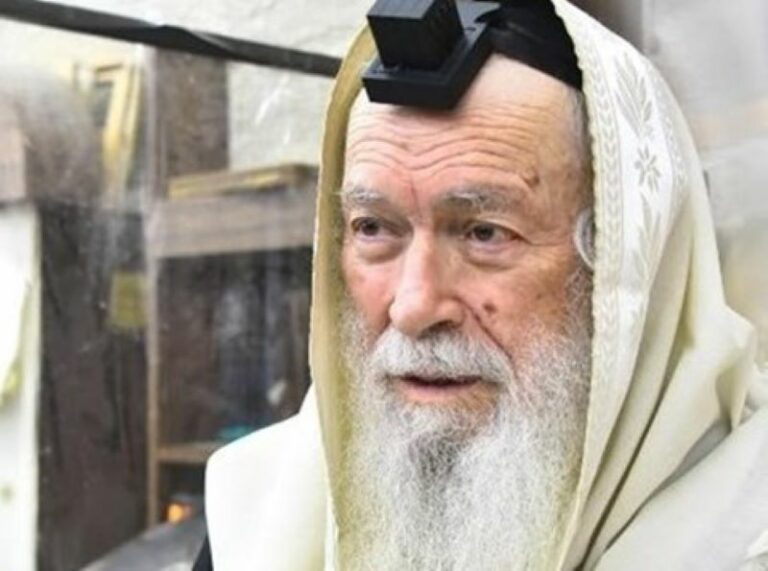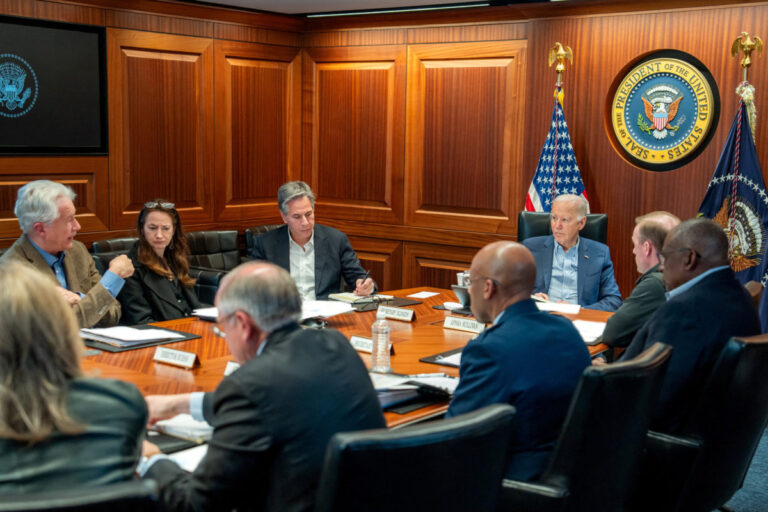 The following editorial appears on Bloomberg View:
The following editorial appears on Bloomberg View:
The best way to reduce corruption, according to the U.S. Supreme Court, is to define it so narrowly that no one can be found guilty of committing it.
On Monday, the court unanimously tossed out a verdict reached by a Virginia jury finding former Gov. Bob McDonnell guilty of improperly assisting vitamin salesman Jonnie Williams. Williams lavished McDonnell and his family with $175,000 in money and gifts, including $15,000 for his daughter’s wedding and $10,000 for another daughter’s engagement. McDonnell helped Williams by convening meetings, hosting receptions and pestering his staff for updates about Williams’ business requests.
Never mind. According to the court, McDonnell may have acted lawfully. Federal law makes it a crime for a public official to “receive or accept anything of value” in return for being “influenced in the performance of any official act.” But the court has been defining deviancy down for politicians and influence peddlers. Two years ago, in a case involving campaign contribution limits, it defined governmental corruption as acts involving a quid pro quo: “a direct exchange of an official act for money.” Now the court has decided that a lot of what elected officials do all day is not, ahem, “official.”
According to the court, an official act “must involve a formal exercise of governmental power that is similar in nature to a lawsuit before a court, a determination before an agency, or a hearing before a committee.” That would surely come as news to elected officials who routinely exercise power and wield influence in far more subtle ways.
The court’s decision to vacate McConnell’s conviction was based largely on an overblown concern: “Officials might wonder,” wrote Chief Justice John G. Roberts, “whether they could respond to even the most commonplace requests for assistance, and citizens with legitimate concerns might shrink from participating in democratic discourse.” Yet since the adoption of federal anti-bribery laws decades ago, the lobbying industry has exploded and elected officials perform an ever-widening array of constituent services. The Supreme Court is ignoring a real problem out of concern for an imaginary one.
Federal prosecutors now must decide whether to re-try McDonnell. His actions may have been permissible under Virginia’s notoriously lax ethics laws, and his “unofficial” acts may be acceptable to the Supreme Court. But a jury may still find that he exerted undue pressure on his underlings.
However the case is resolved, the public should demand tougher and more explicit anti-corruption laws at the local, state and federal levels. “Official acts” should be defined more broadly. Gifts of any amount should be illegal. Campaign donations from those with business before the government should be severely restricted. Disclosure of personal finances should be required.
Numerous states have adopted versions of these laws, and some define improper influence as going beyond quid pro quo corruption. More should do so, and voters should demand that Congress — and the presidential candidates — follow their lead. Justice cannot be blind to corruption, even if the Supreme Court is.
(c) 2016, Bloomberg View · No Author





